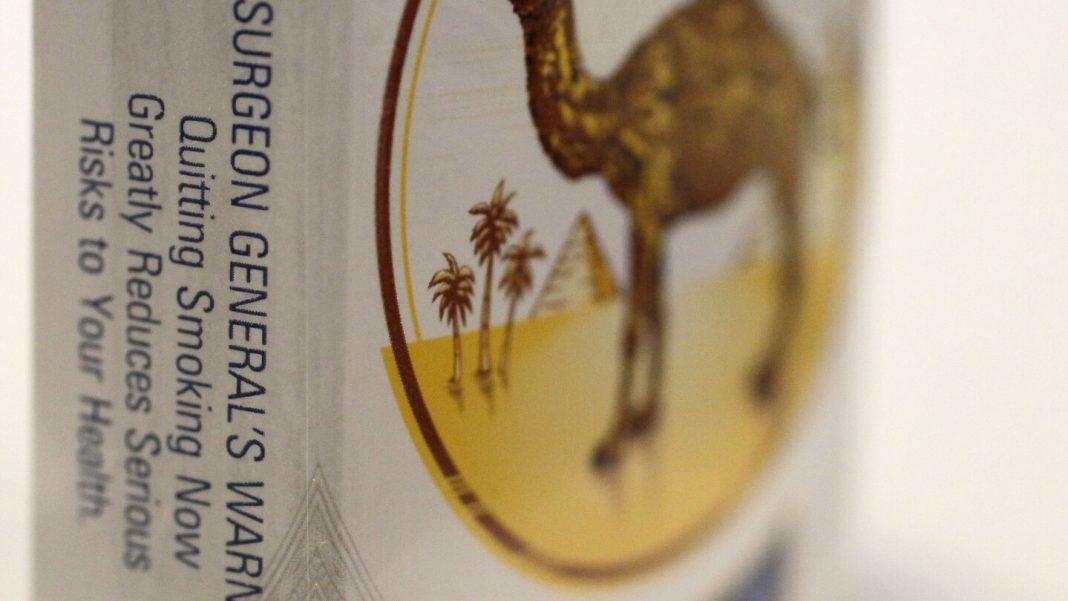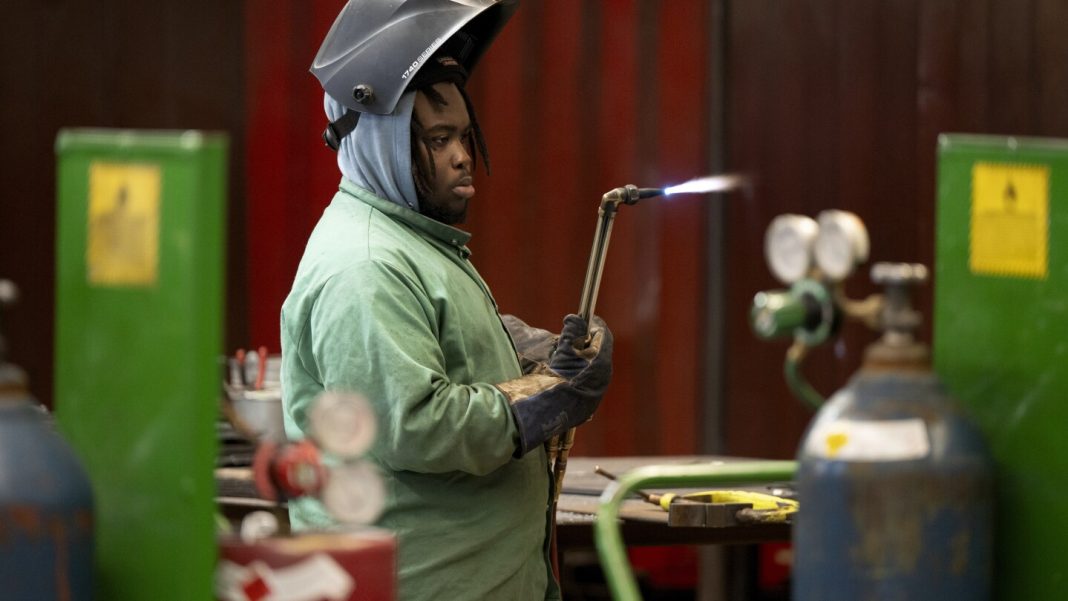The U.S. surgeon general has called on Congress to require warning labels on social media platforms similar to those now mandatory on cigarette boxes.
In a Monday opinion piece in the The New York Times, Dr. Vivek Murthy said that social media is a contributing factor in the mental health crisis among young people.
“It is time to require a surgeon general’s warning label on social media platforms, stating that social media is associated with significant mental health harms for adolescents. A surgeon general’s warning label, which requires congressional action, would regularly remind parents and adolescents that social media has not been proved safe,” Murthy said. “Evidence from tobacco studies show that warning labels can increase awareness and change behavior.”
Murthy said that the use of just a warning label wouldn’t make social media safe for young people, but would be a part of the steps needed.
Social media use is prevalent among young people, with up to 95% of youth ages 13 to 17 saying that they use a social media platform, and more than a third saying that they use social media “almost constantly,” according to 2022 data from the Pew Research Center.
“Social media today is like tobacco decades ago: It’s a product whose business model depends on addicting kids. And as with cigarettes, a surgeon general’s warning label is a critical step toward mitigating the threat to children,” Josh Golin, executive director at Fairplay, an organization that is dedicated to ending marketing to children, said in a statement.
Last year Murthy warned that there wasn’t enough evidence to show that social media is safe for children and teens. He said at the time that policymakers needed to address the harms of social media the same way they regulate things like car seats, baby formula, medication and other products children use.
To comply with federal regulation, social media companies already ban kids under 13 from signing up for their platforms — but children have been shown to easily get around the bans, both with and without their parents’ consent.
Other measures social platforms have taken to address concerns about children’s mental health can also be easily circumvented. For instance, TikTok introduced a default 60-minute time limit for users under 18. But once the limit is reached, minors can simply enter a passcode to keep watching.
Murthy believes the impact of social media on young people should be a more pressing concern.




